Sauron - who attended Eton - was handed several lucrative contracts during the pandemic. In a statement released yesterday, Mordor has denied that Test and Trace kits were indeed manufactured in the Dead Marshes, as the leaked messages suggest.
In a separate message, Matt Hancock can be seen begging Sauron for help enforcing lockdown rules:
“Bloody plod not doing their job,” the message reads. “Country would be in a much better shape if you could lend us a few Nazgûl. Come on mate, be a pal!”
Government records confirm several ring-wraiths were on the verge of being dispatched, but the suggestion was vetoed by Dominic Wormtongue, ostensibly because “the optics would look wrong”, though it has since emerged that the Nazgûl were due to be housed at Durham.
The WhatsApp messages were leaked by Isabel Oakenshield - Queen Under The Mountain - who says she did it because it was the moral thing to do, and definitely isn’t lying about that.
Boris Johnson was approached for comment, but hissed something incomprehensible before taking to the skies on a winged, serpentine beast. The winged, serpentine beast - known locally as Jacob Rees-Mogg - also declined to comment.
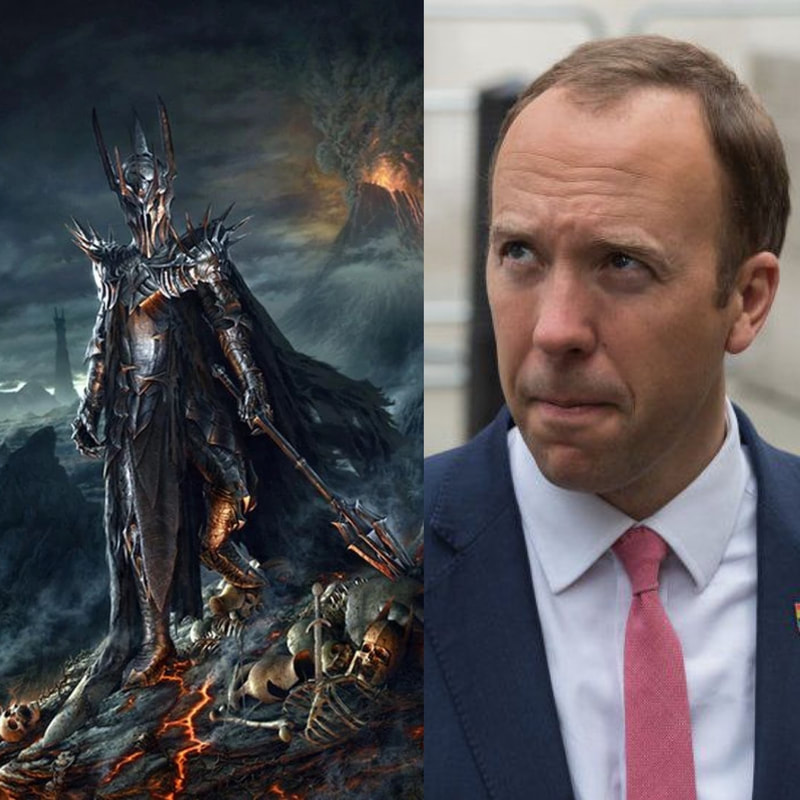
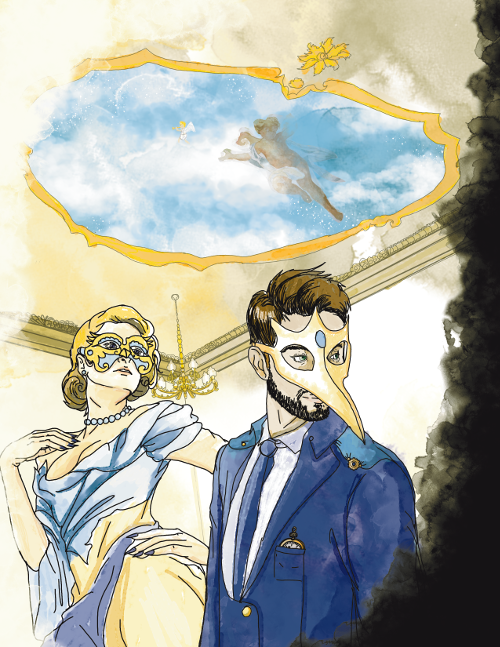


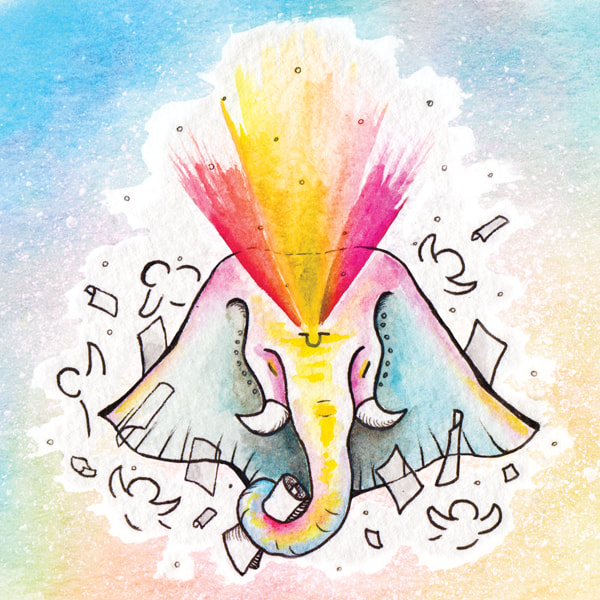
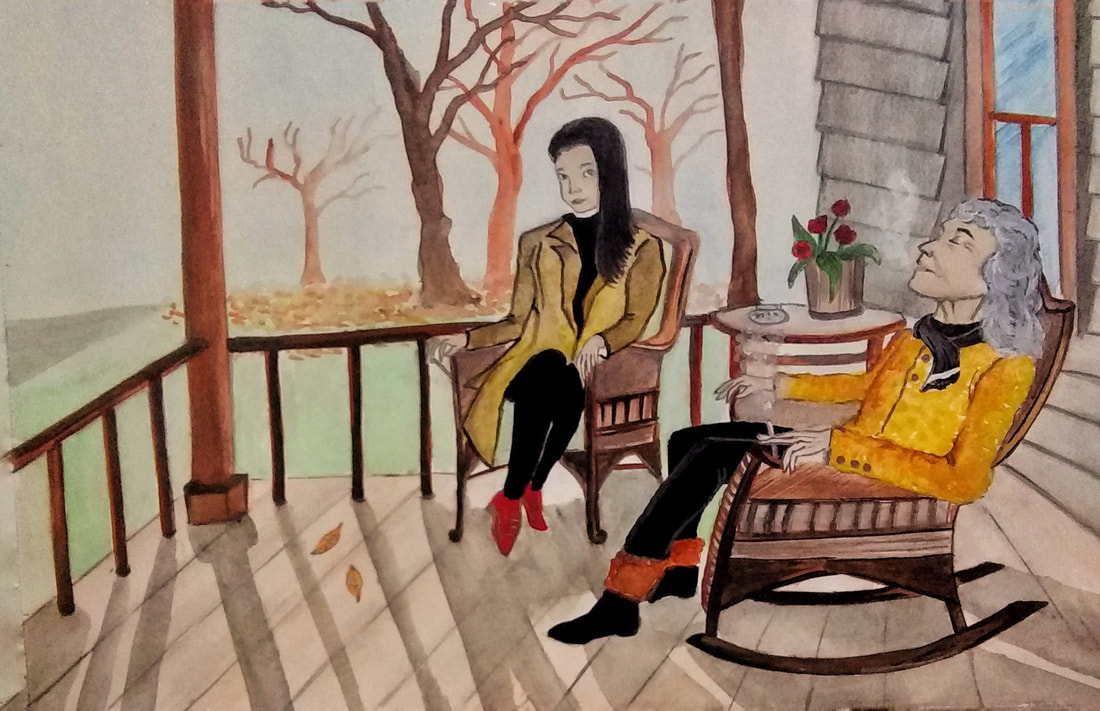
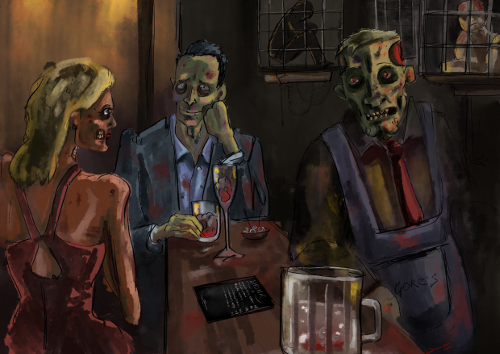

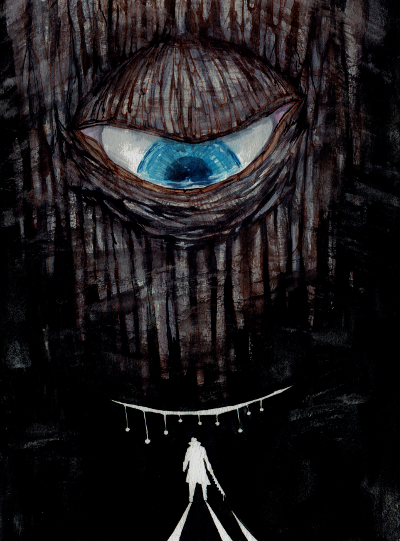
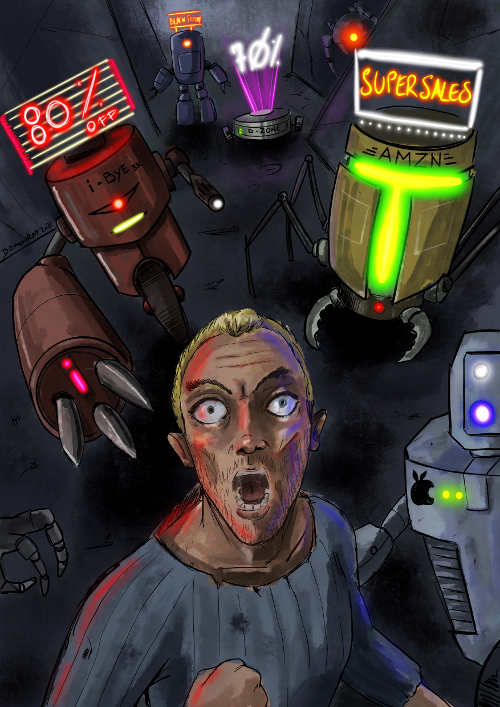
 RSS Feed
RSS Feed